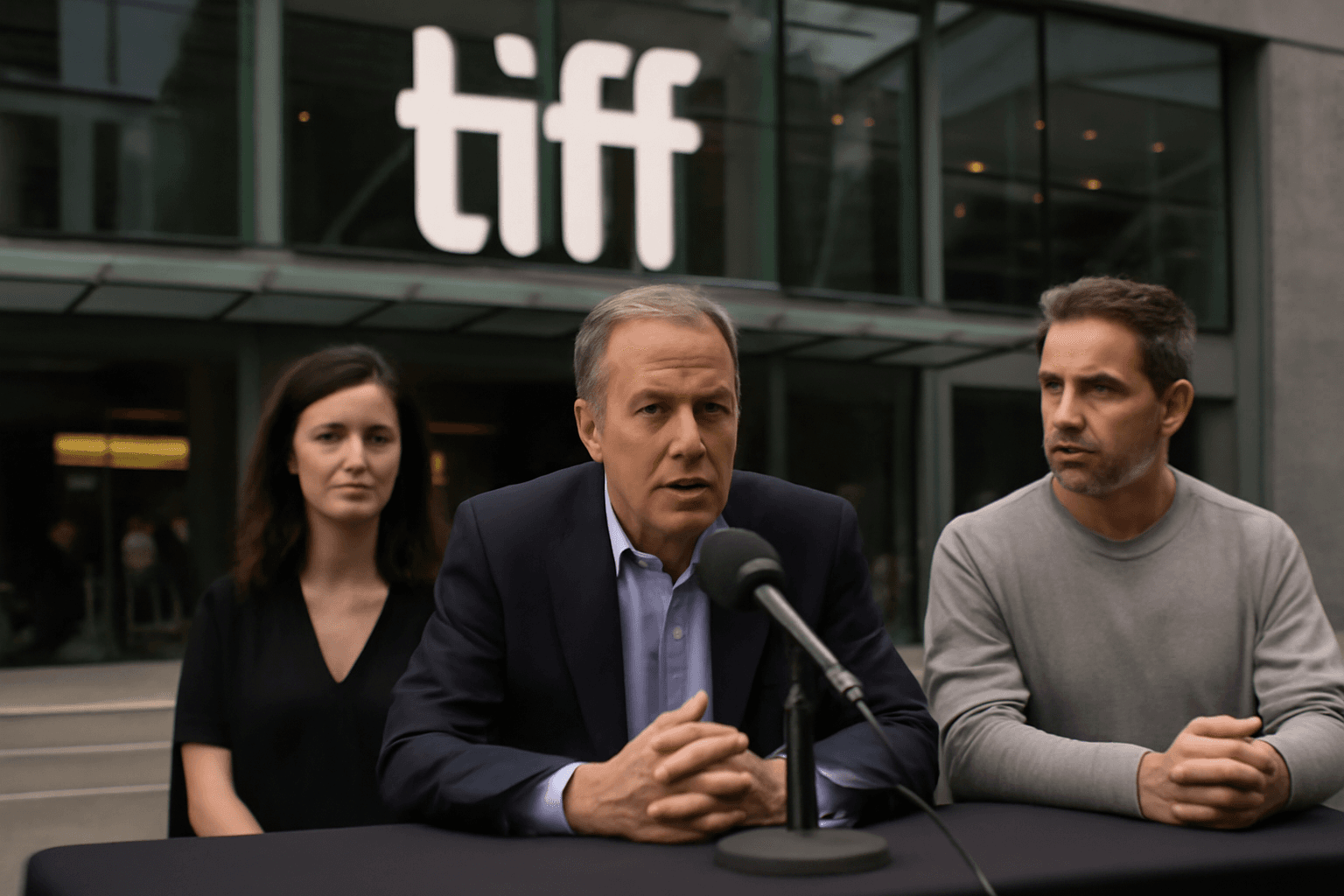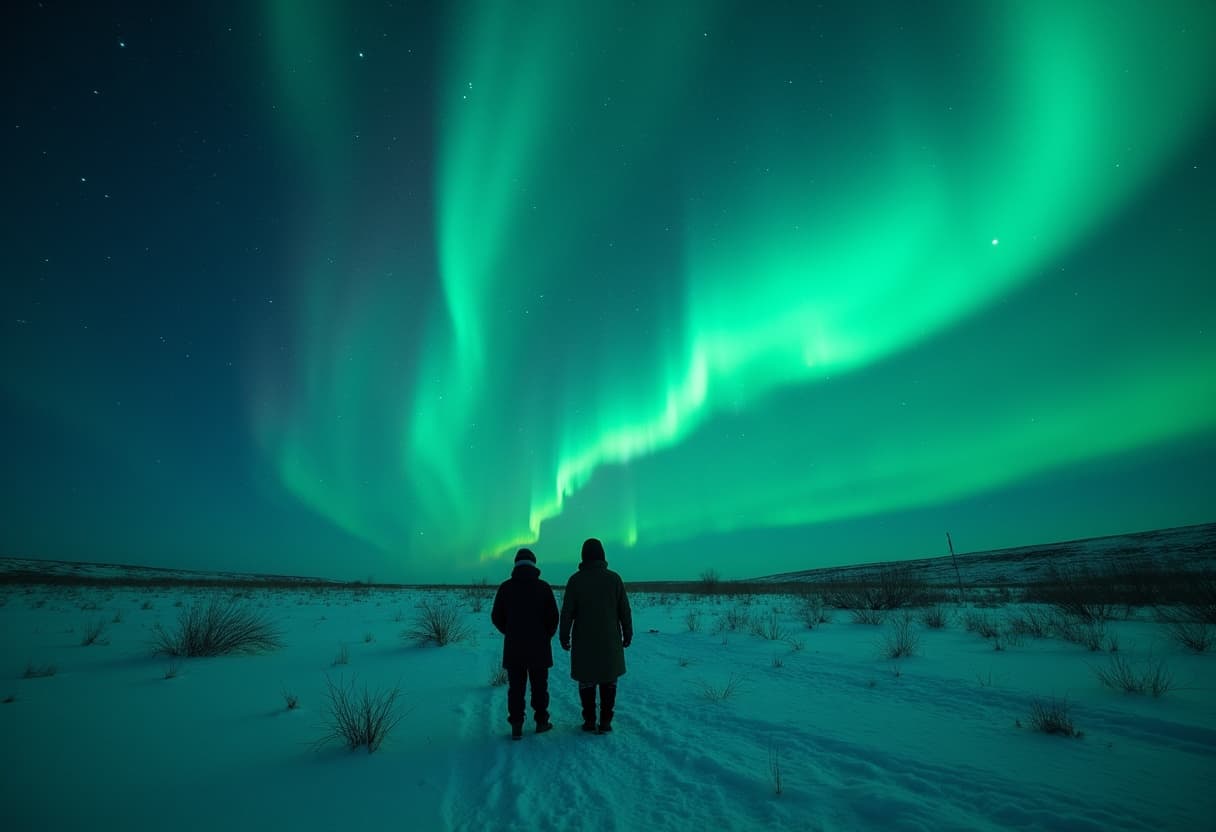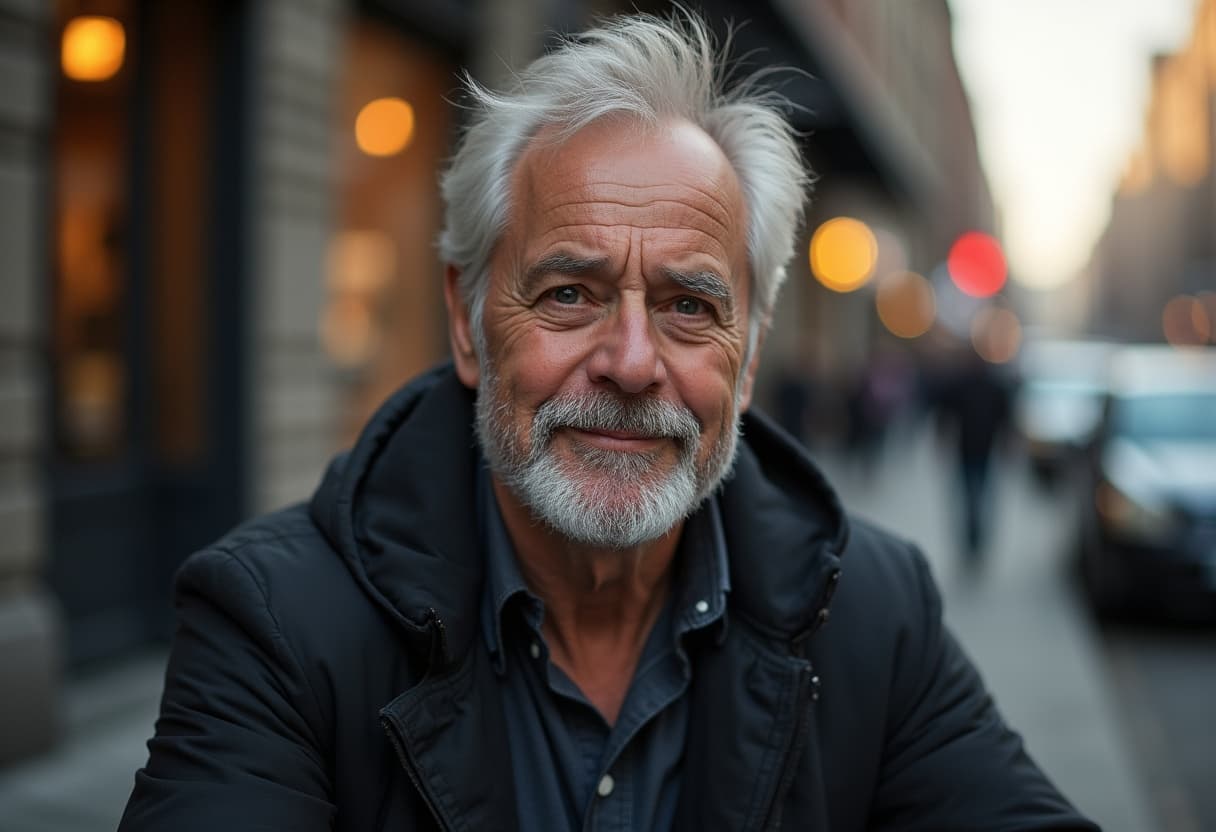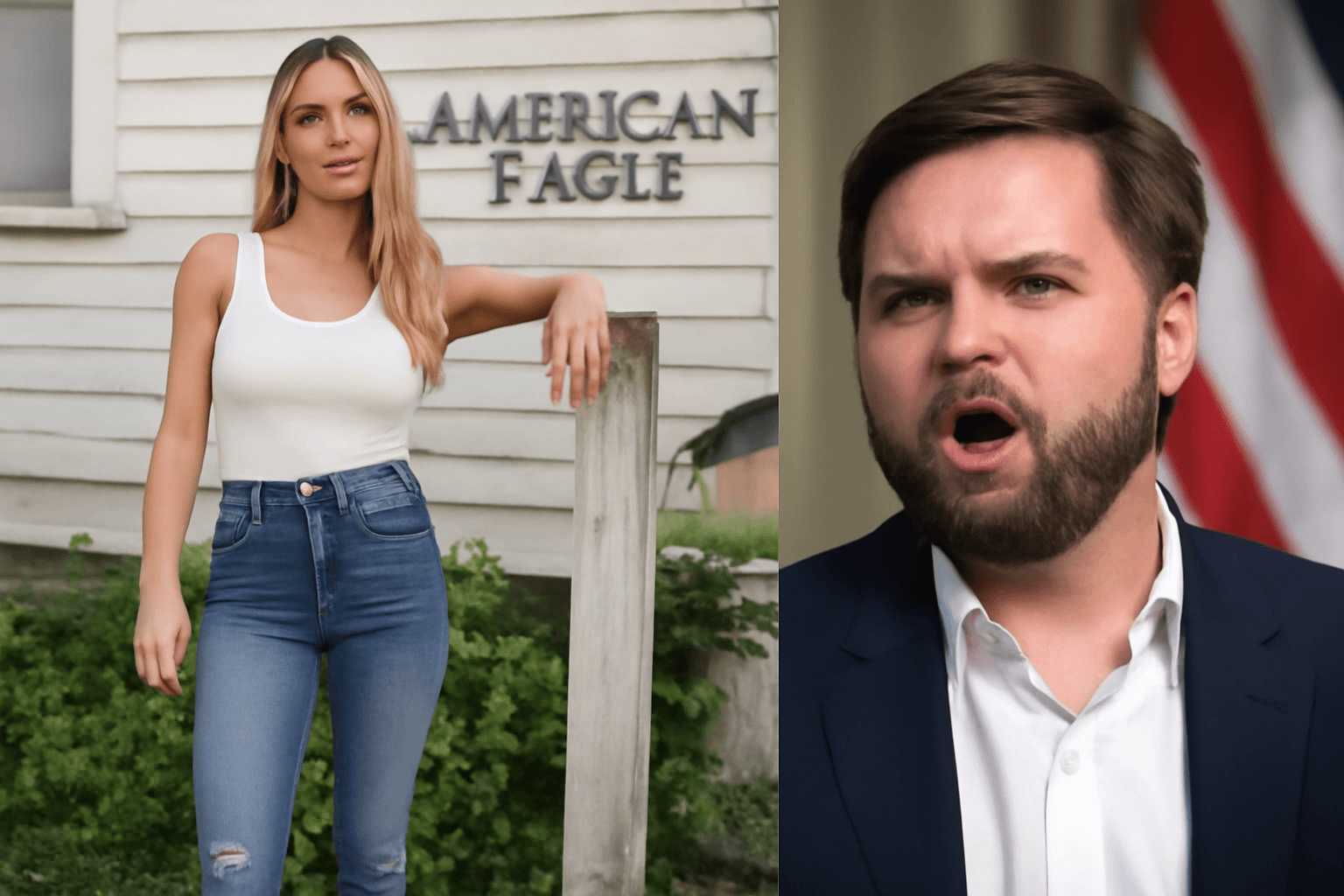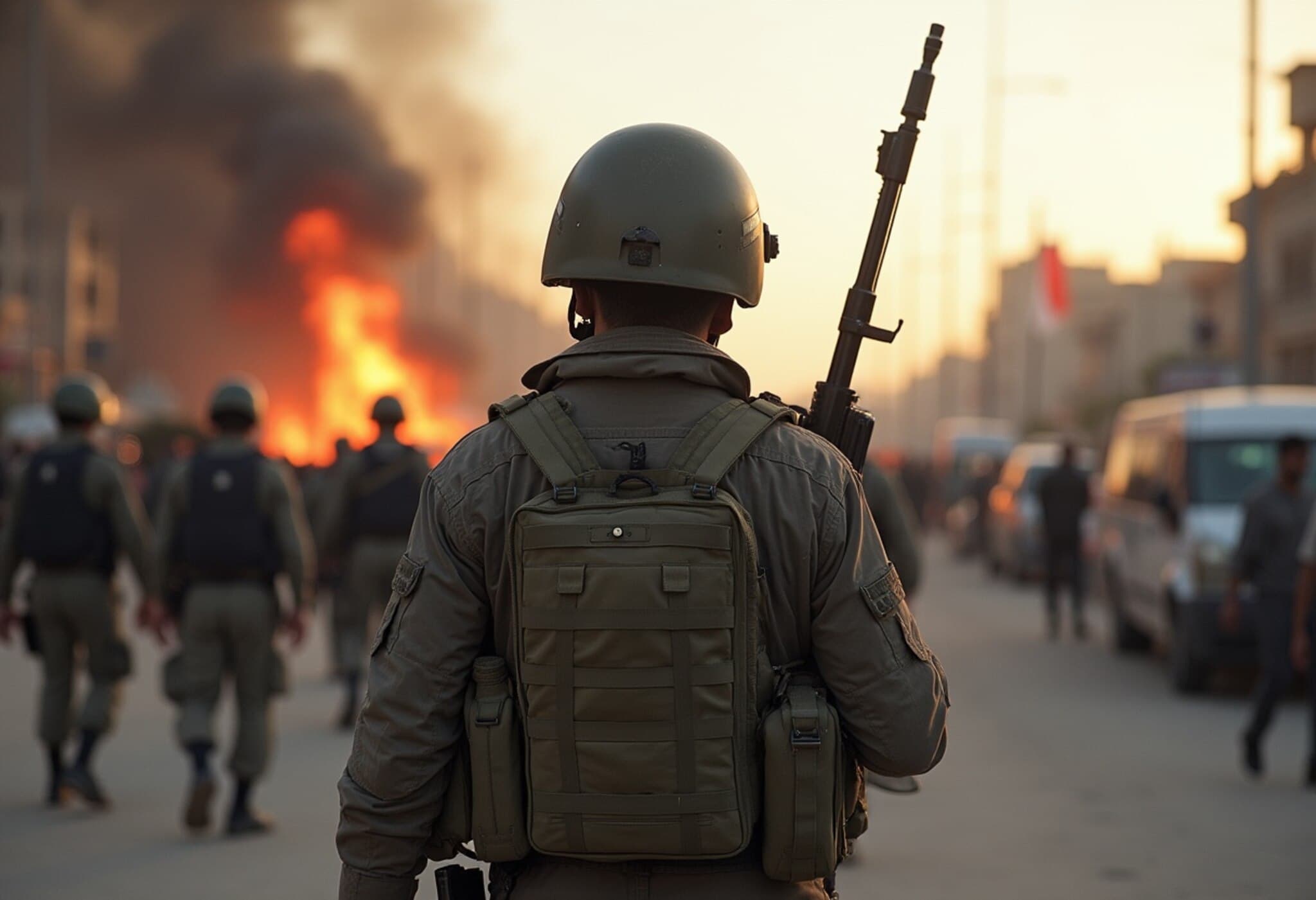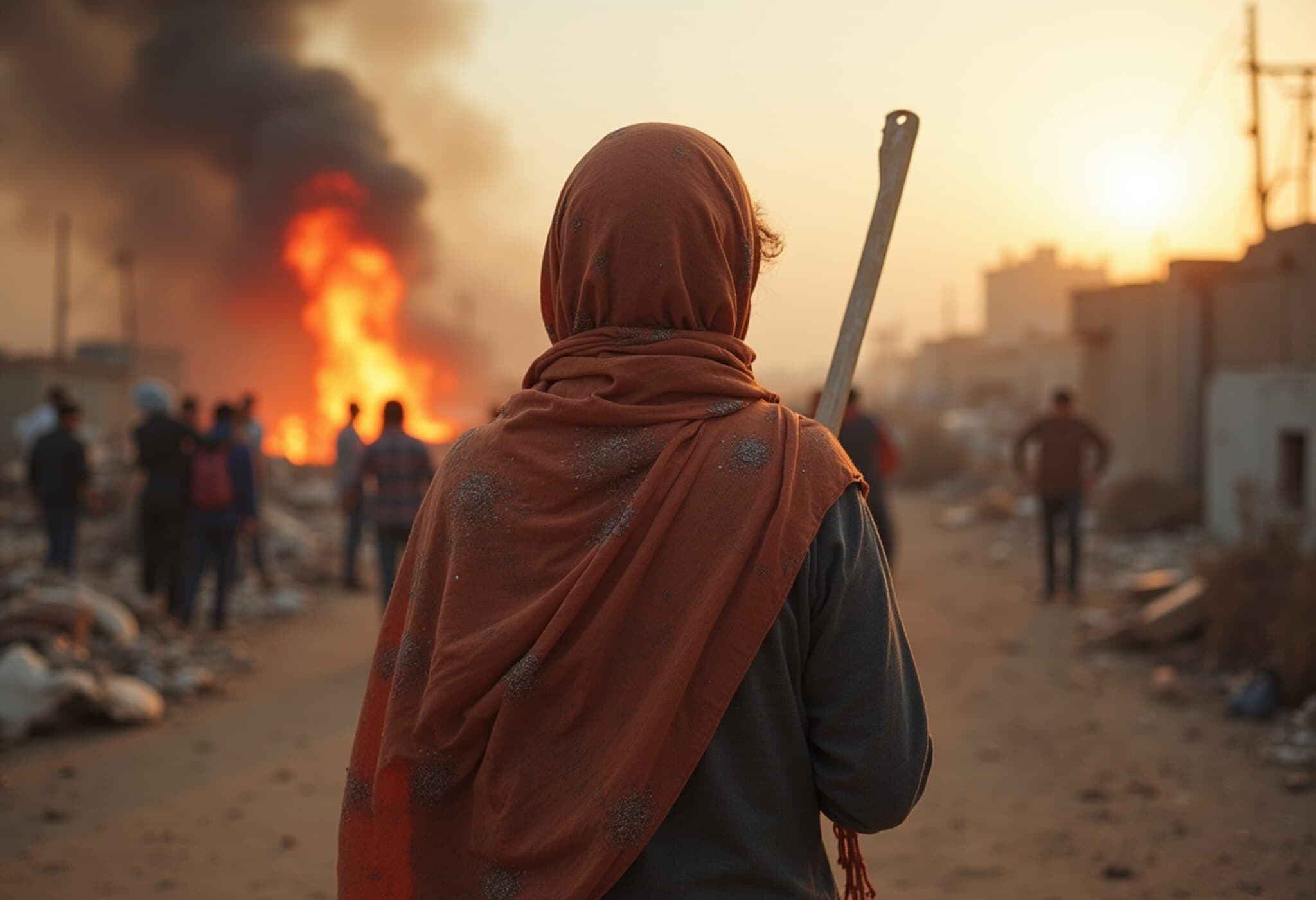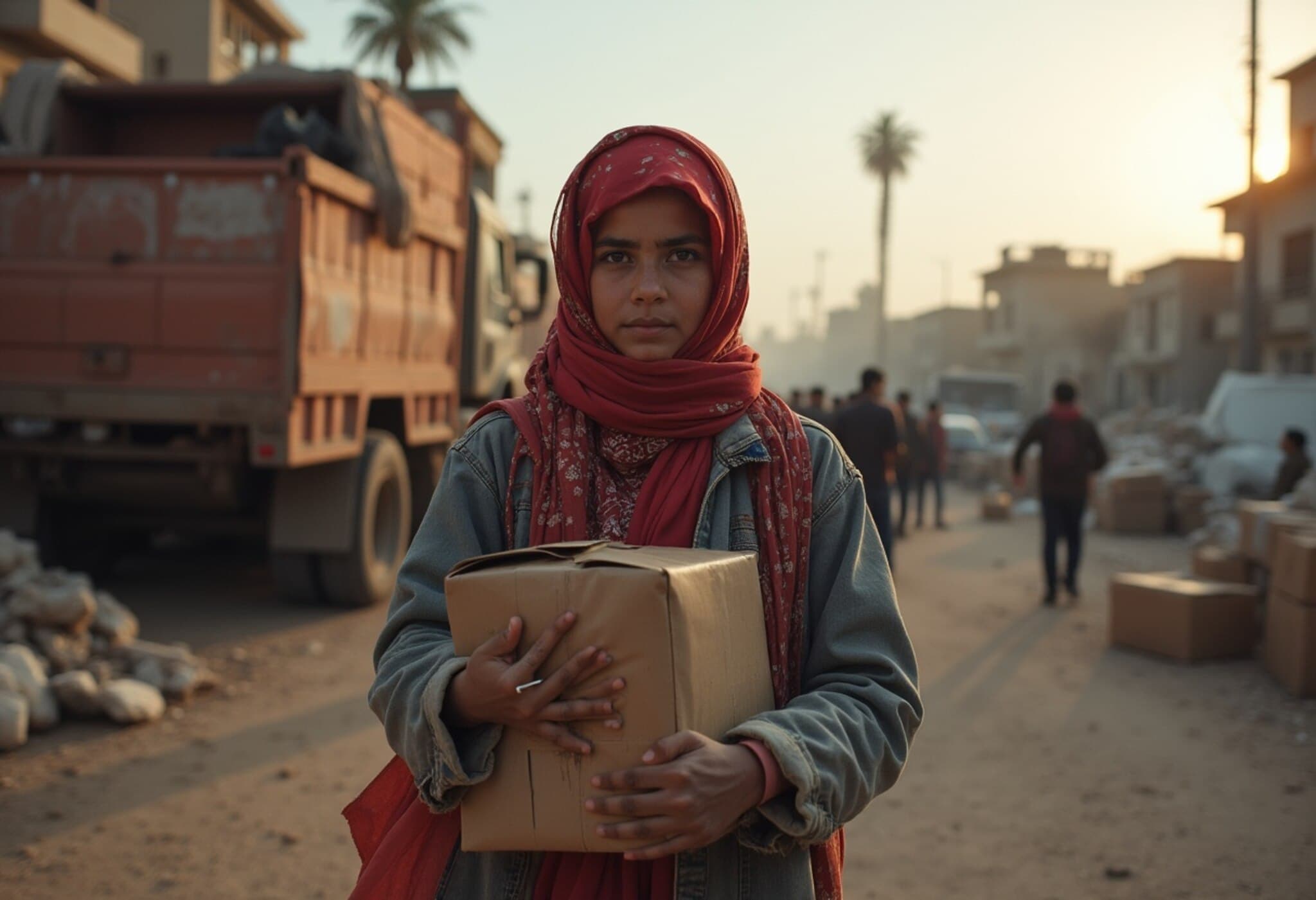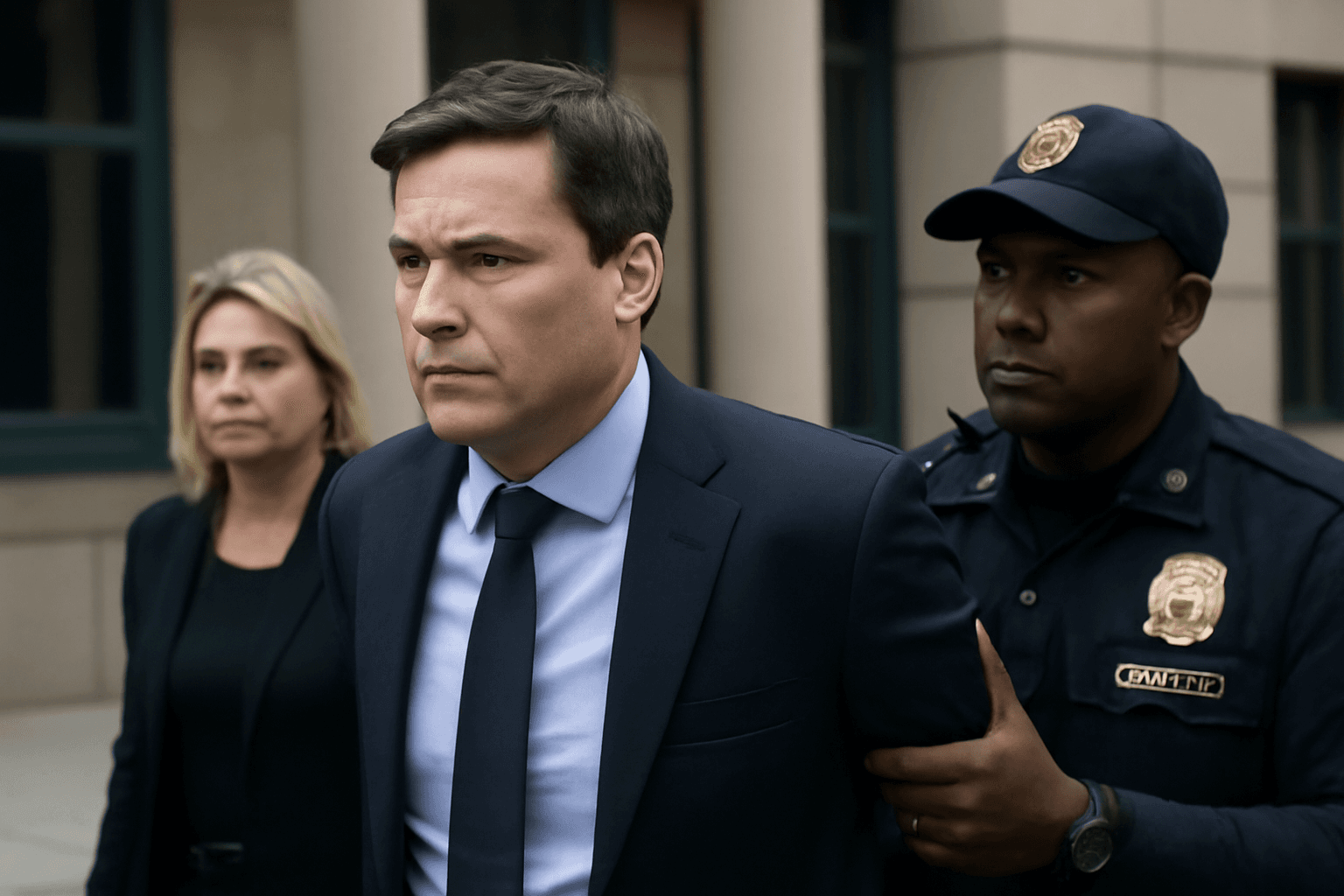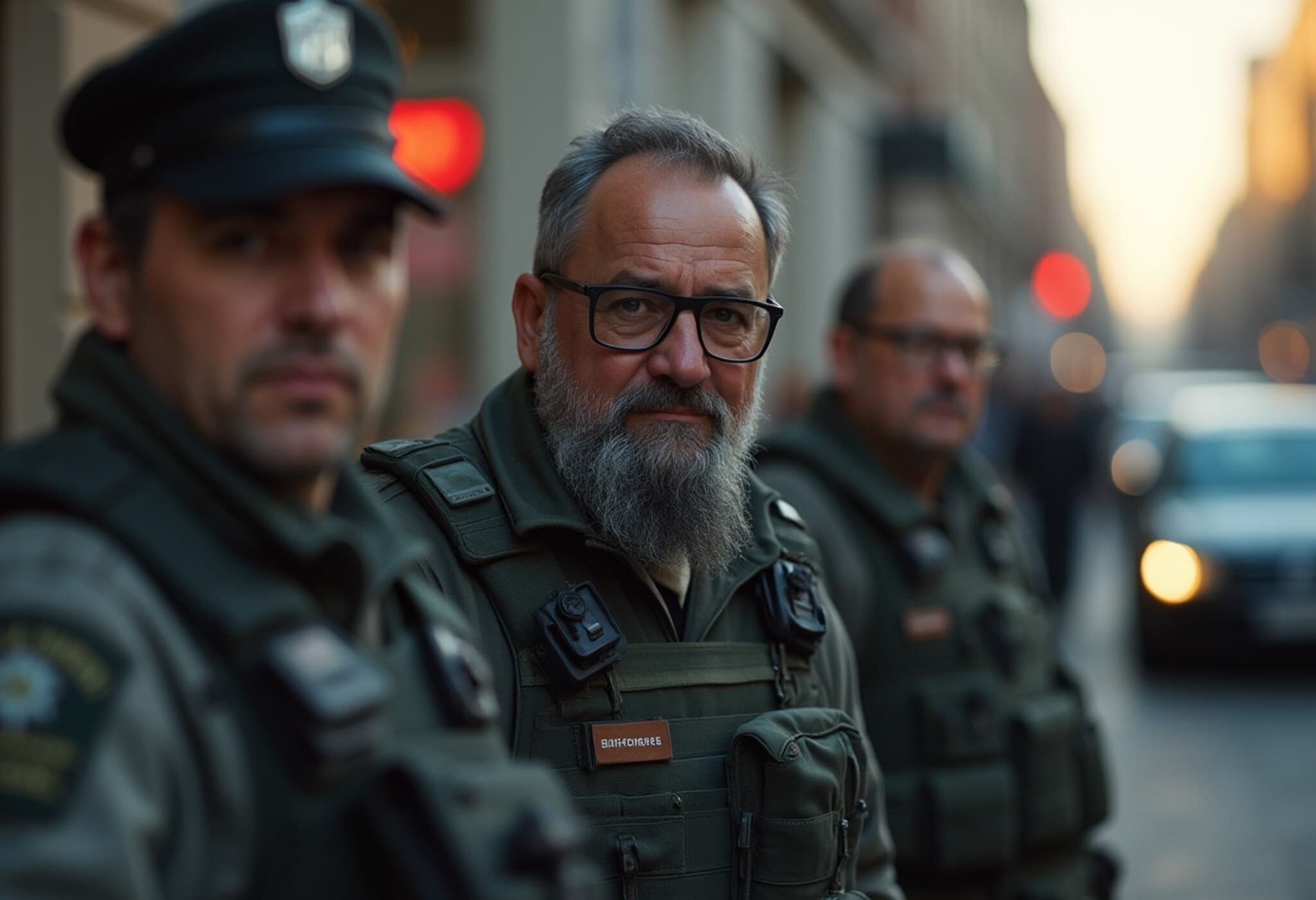Controversy Surrounds Israeli Documentary’s Withdrawal from Toronto Film Festival
In a move stirring debate within both the arts and geopolitical realms, Canada’s premier film showcase, the Toronto International Film Festival (TIFF), has pulled the Israeli documentary "The Road Between Us: The Ultimate Rescue" from its anticipated 50th anniversary lineup. The film centers on the harrowing events of the October 7 attacks, documenting a retired general’s efforts to save his family amid violence characterized by footage originally captured and live-streamed by Hamas fighters.
Festival Cites Legal Hurdles Over Archival Footage Rights
Festival organizers refrained from framing the removal as censorship, instead explaining that the filmmakers failed to secure necessary legal clearances for the use of the sensitive video material embedded in the documentary. TIFF’s CEO, Cameron Bailey, stressed that the issue was strictly about obtaining footage rights, not suppressing the film’s narrative. He also reassured the public that the festival’s legal team is actively working with the filmmakers to explore avenues that might allow the documentary to be screened in the future.
"Given the gravity and sensitivity of the film's subject matter," Bailey remarked, "this documentary presents an important perspective and deserves to be part of our festival’s storytelling tradition. We want to help facilitate a compliant screening."
Filmmakers Push Back Amid Accusations of Censorship
Talia Harris Ram, one of the documentary’s producers, did not hold back, branding the festival's reasoning as "absurd and disconnected." Citing her professional expertise in intellectual property rights management, she expressed frustration over allegations that they failed to clear the archival footage, which she described as footage originally filmed by Hamas fighters during the attacks.
The production team has accused TIFF of censorship, asserting that the removal undermines the film’s critical narrative documenting real atrocities—a perspective that challenges narratives often sidelined in mainstream discourse. Canadian filmmaker Barry Avrich, a former TIFF board member, echoed these claims, accusing the festival of betraying its mission by excluding the film from its program.
The Broader Context: Balancing Art, Politics, and Legalities
This incident resonates beyond just film programming and taps into larger conversations about how cultural institutions navigate the fine line between legal obligations and political sensitivities—especially when dealing with material from volatile conflict zones.
TIFF’s experience is not unprecedented. Last year, the festival faced a significant backlash after screening a documentary about Russian soldiers in Ukraine, which drew condemnation from Ukrainian communities and ultimately led to its removal from the lineup. This pattern spotlights the challenges cinemas and festivals face amidst ongoing geopolitical conflicts and the amplified scrutiny around the stories they choose to present.
Expert Insight: Legal Complexity Meets the Ethics of Representation
From a legal standpoint, the use of footage captured by non-state armed actors such as Hamas raises thorny intellectual property and rights issues. Films that incorporate such material must not only navigate copyright concerns but also ethical questions about amplifying content recorded by groups involved in violence and terrorism.
Moreover, the decision by TIFF can be seen as reflecting broader Western media and cultural institutions’ struggle to maintain neutrality and avoid becoming battlegrounds for ideological disputes. The question remains: How can festivals honor freedom of expression while adhering to legal frameworks and community sensitivities?
Looking Ahead: Will the Film Find a Stage?
While TIFF’s legal team works with the filmmakers, the documentary’s future remains uncertain. The dispute highlights the emerging challenges for filmmakers documenting contemporary conflicts, where complex legal and ethical considerations must be balanced against the desire to tell urgent human stories.
For audiences and observers, this controversy calls attention to the impact of gatekeeping in cultural venues and the power structures that influence which narratives reach the public eye. It also invites reflection on how international conflicts reverberate far beyond their geographic boundaries, affecting discourse in cultural capitals worldwide.
Editor’s Note
This episode underscores a critical tension in documentary filmmaking today: the need to present raw, unvarnished realities against a backdrop of intricate legalities and evolving cultural sensitivities. It challenges audiences to consider the responsibilities of festivals as platforms for truth-telling, especially when those truths emerge from the fog of violent conflict. As this story develops, the conversation around censorship, intellectual property, and historical memory in art will remain vital.
Questions to ponder: How can cultural organizations ethically handle material sourced from hostile or violent entities? What responsibilities do filmmakers have to ensure their portrayals contribute constructively to public understanding? And how do such disputes shape the future of documentary storytelling amid geopolitical strife?

